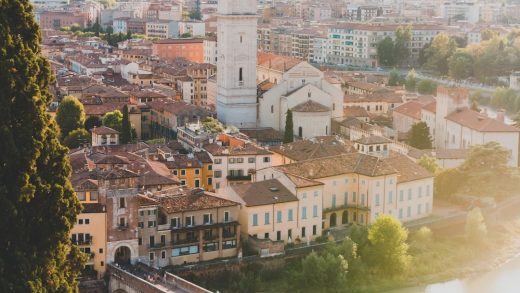Pressure washing a driveway is a great way to boost your property’s curb appeal by removing dirt, oil stains, tire marks and other dirt that builds up over time. But how long does it take to pressure wash a driveway? Homeowners wonder. Well, the time it takes can vary depending on the surface, level of dirt and equipment used. In this article we will break down the key factors that affect cleaning times so you can get a better idea.
Driveway Size (Square Footage)
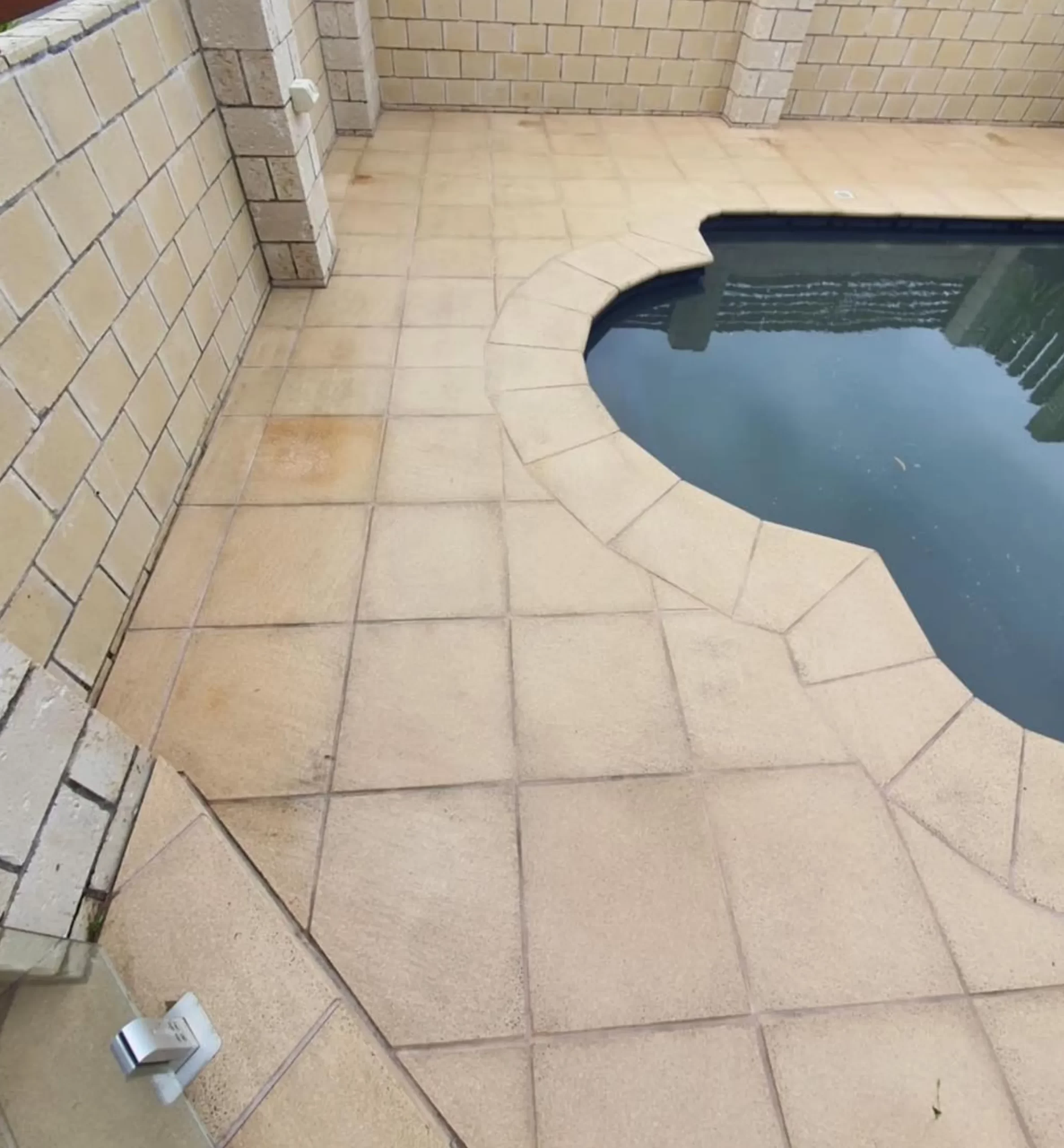
The size of your driveway is a key factor in the cleaning time. Larger driveways take longer to clean than smaller ones. The square footage plays a big role in the overall cleaning process:
- Medium driveways (500-800 sqft): 2-2.5 hours
- Large driveways (over 1,000 sqft): 3-4 hours
Larger driveways take more time because they cover more area and may require additional passes to get a thorough clean.
Surface Type
The type of surface you have on your driveway plays a role in the cleaning method and time. Different surfaces may require different pressure levels and techniques to avoid damage:
- Concrete driveways: These are easier to clean and can handle higher pressure. Concrete surfaces take less time unless there are tough stains like oil spots, rust stains or tire marks that need additional cleaning agents or extra pressure.
- Asphalt driveways: Asphalt surfaces are more delicate and require lower pressure to avoid damage. Cleaning asphalt takes a bit longer.
- Brick driveways: The texture of brick surfaces may take longer due to the smaller gaps and cracks in the brick that can trap dirt and require more detail cleaning.
A surface cleaner attachment can help cover more area and give a better finish for effective pressure washing.
Condition of the Driveway (Level of Dirt and Stains)
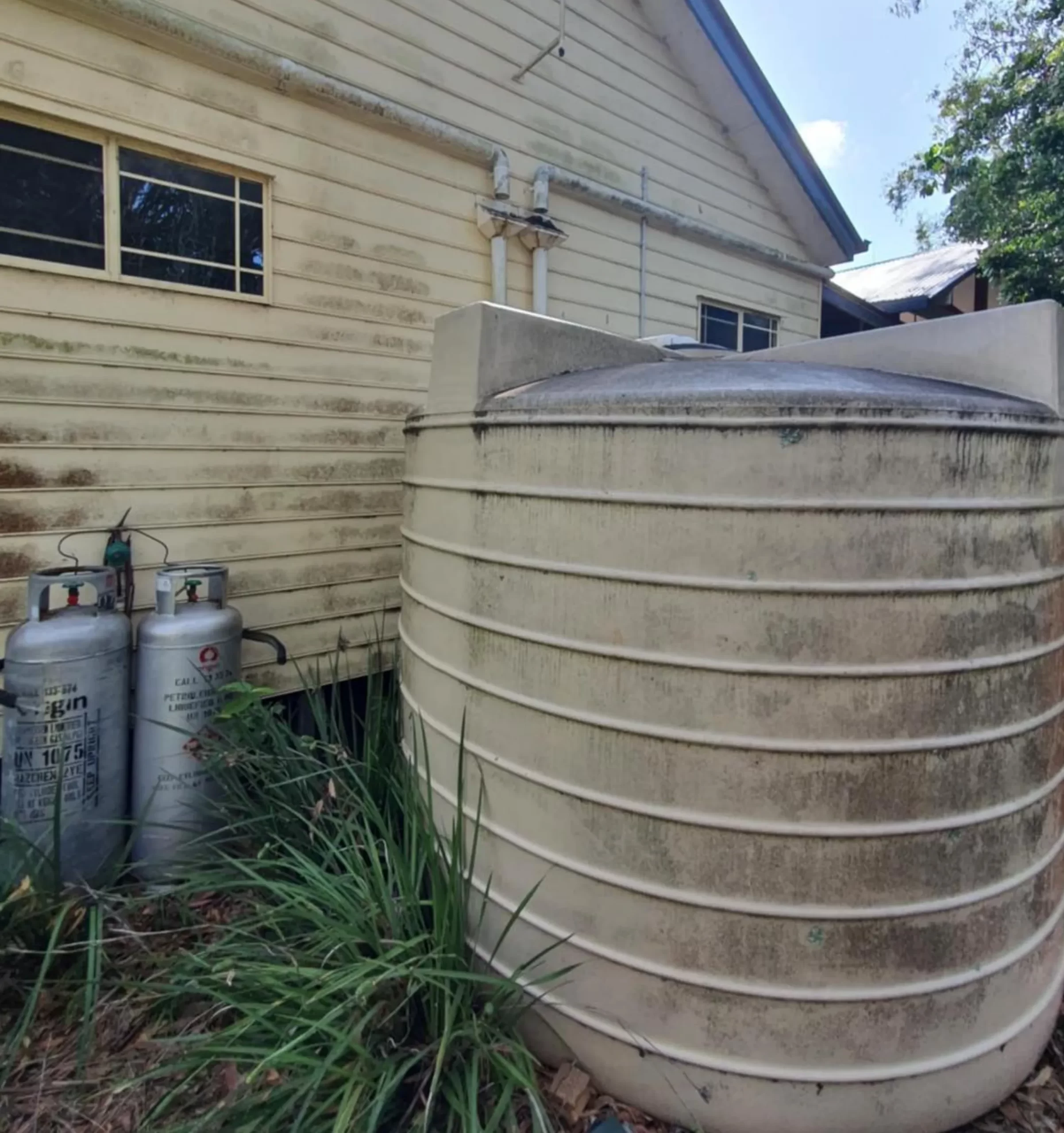
The condition of your driveway will affect the cleaning time. The more stubborn stains like oil stains, grease stains, tire marks and rust stains the longer the cleaning time will be. Some stains may require pre-treating with a cleaning solution or even specialized detergents for concrete cleaning. Driveways with more dirt buildup or weed growth may need additional treatment.
Here’s the time:
- Light dirt: 1-2 hours
- Tough stains: 3-4 hours
- Heavily soiled: If your driveway has caked on dirt or built up dirt the cleaning will take longer because of additional passes and cleaning agents.
Type of Pressure Washer and Power Levels
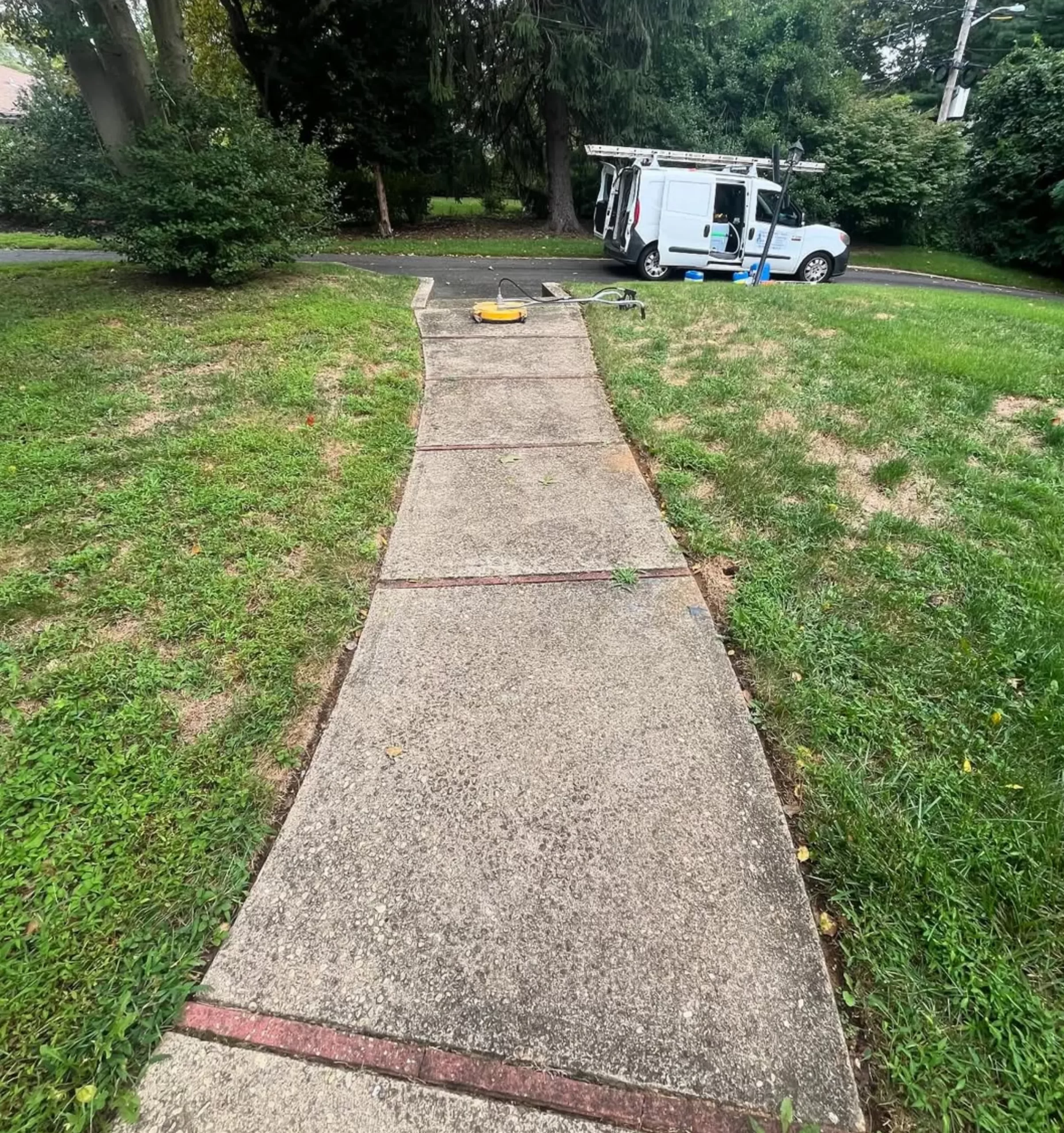
The type of pressure washer you use and the power of it will determine how long the job will take. The pressure levels of the washer will determine how fast it can blast away the dirt. Here’s a break down of the types:
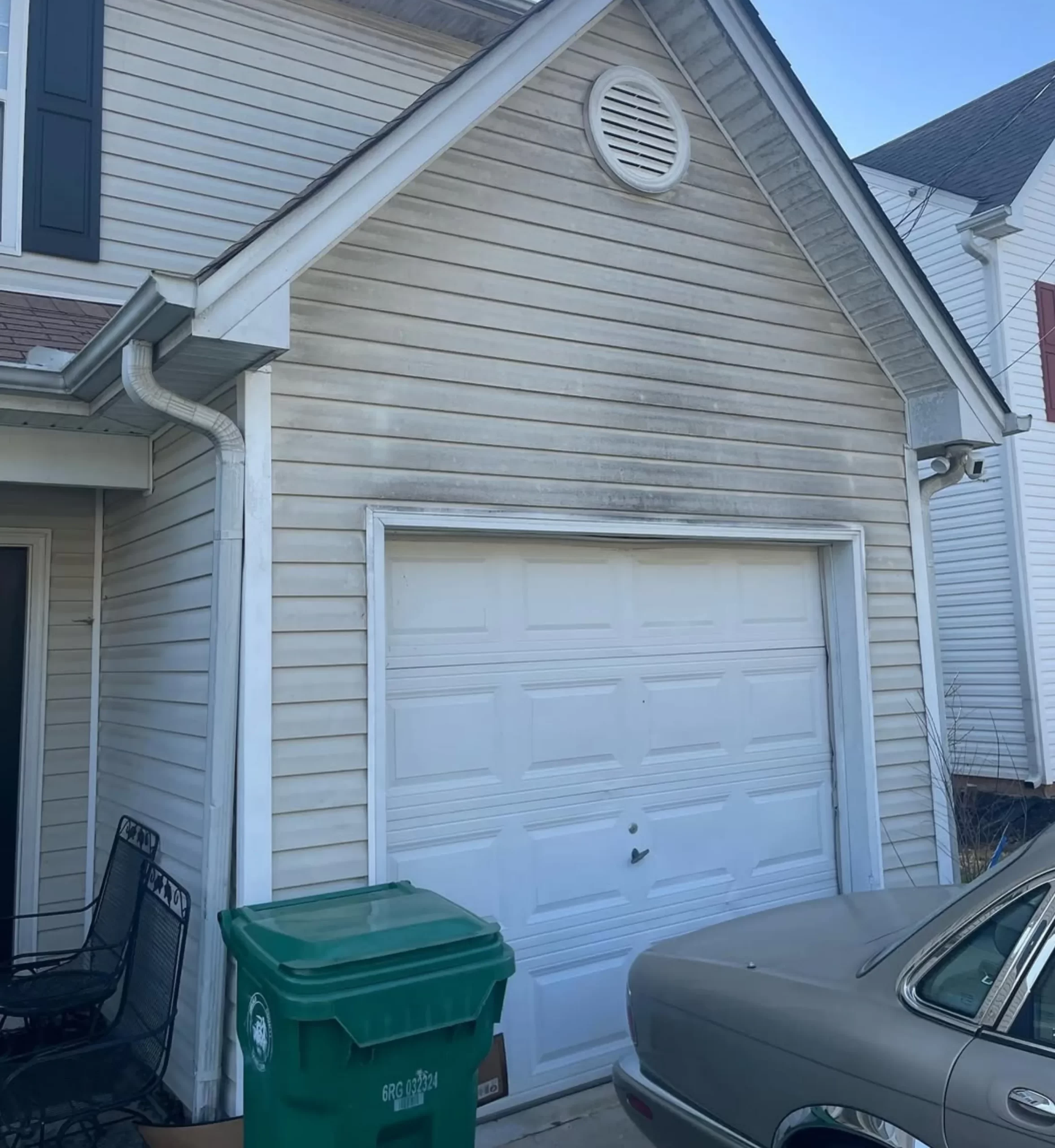
- Electric pressure washers: Good for medium sized driveways or light dirt removal. Lower pressure (1,500 to 2,000 PSI) so the job will take longer.
- Gas pressure washers: Higher PSI (2,500 to 4,000 PSI) so they’re good for tougher stains or larger driveways. The high pressure will make the job faster.
The nozzle size also matters in controlling water pressure. A 25-degree nozzle is wider so it’s faster, 15-degree nozzle is more focused so it’s good for tougher stains.
Weather
Weather can also affect the time it takes to pressure wash a driveway. Cold weather will slow down the process because water may freeze and rainy weather will make the driveway slippery and affect drying time. Hot weather will speed up drying time but you may need to work faster to prevent water from evaporating too fast especially when using detergent or cleaning solutions.
Pressure Washing Technique and Equipment
Using the right technique and equipment will make a big difference in cleaning time. For example:
- Pressure cleaning services with high-end commercial pressure washers are faster.
- Experienced pros can handle uneven spots and loose debris better with a spray wand so you get a consistent finish.
- Use of surface cleaner attachment will speed up cleaning for larger driveways, makes it easier to tackle extensive areas of the concrete surface with a steady stream of pressurized water.
Cleaning Solution and Pre-Treatment
For stubborn stains like oil stains or skid marks, applying a cleaning solution and letting it sit for 10-15 minutes before pressure washing will make a big difference. This pre-treatment will loosen the dirt and stains, reduce the time it takes to wash away.
Cleaning Efficiency
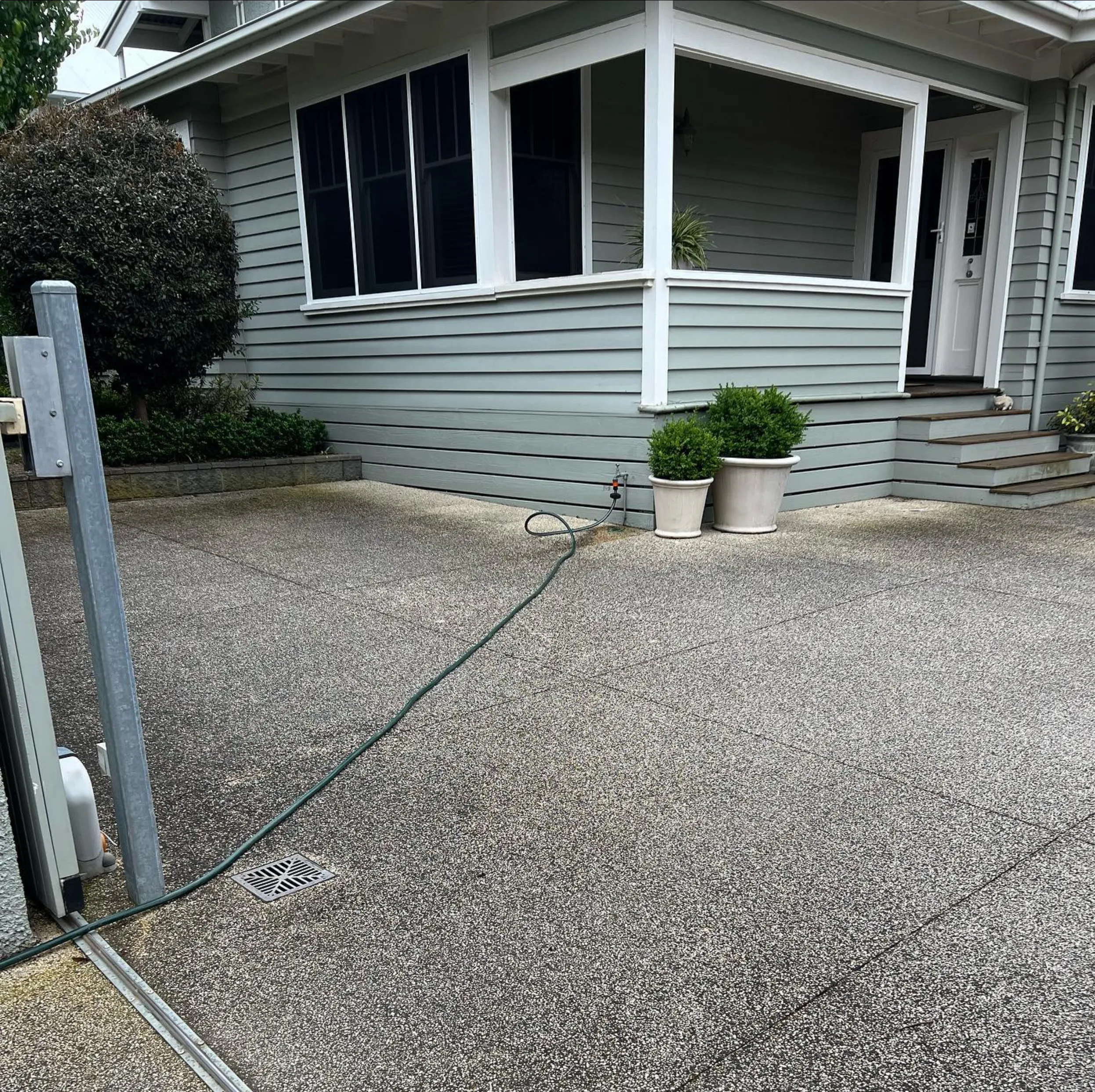
The cleaning efficiency of a pressure washer is dependent on water flow rate, pressure levels and nozzle size. A high efficiency cleaning will require fewer cleaning passes and less time overall. But improper Outdoor pressure cleaning technique or wrong pressure setting will result to inconsistent finish and extra time for extra passes.
Conclusion
On average, it takes 1-4 hours to pressure wash a driveway depending on the facade cleaning surface type, dirt level and size of the driveway. The type of pressure washer, cleaning solution and experience of the technician also play a big role on how fast the job gets done. For a thorough and effective cleaning process that yields great results, you need to use the right equipment and technique for your driveway’s conditions.
For professional assistance, consider house washing services, cleaning gutters, or outdoor pressure cleaning to keep your property in top shape.
FAQ
How often should I pressure wash my driveway?
Once a year is the recommended frequency to maintain your driveway’s appearance and remove built-up dirt and stains.
Can I pressure wash my driveway myself?
Yes, you can use a pressure washer for DIY cleaning. But if you have a large driveway or tough stains, it’s worth hiring a professional pressure washing company to ensure the job gets done efficiently.
How much does it cost to pressure wash my driveway?
Costs vary depending on the size of the driveway, condition and type of surface. Average cost for residential driveways is $100 to $500.
What are the benefits of pressure washing my driveway?
Pressure washing improves curb appeal, prevents oil stains and weed growth and removes tough stains that regular cleaning methods can’t handle. It also maintains the integrity of the driveway surface.
Can pressure washing damage my driveway?
If not done correctly or with the wrong pressure settings, pressure washing can damage delicate surfaces like asphalt driveways. Always use the right pressure and nozzle size for your surface type.
